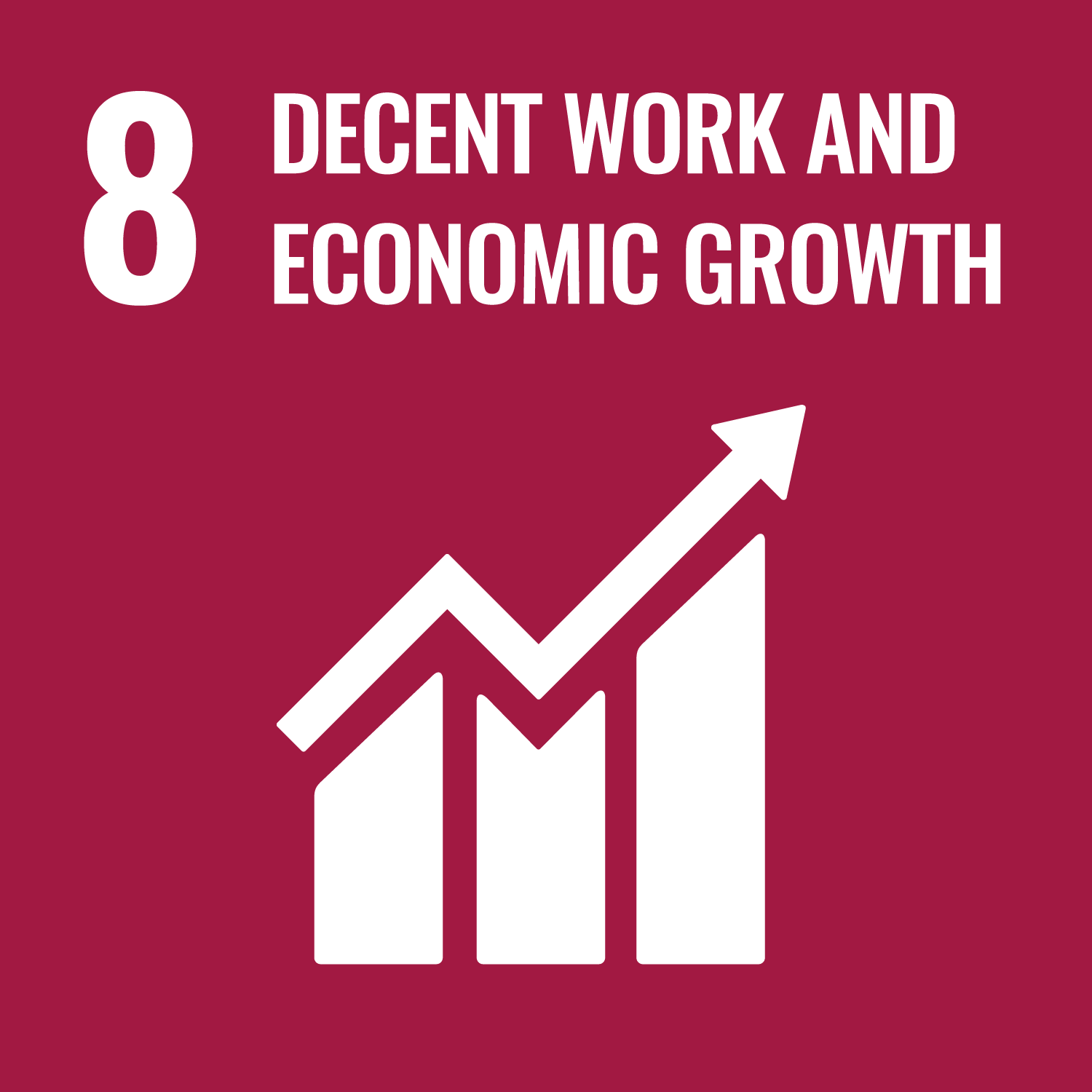SDG Detail
GSBGEN 314: Creating and Scaling High Potential Ventures in Developing Economies (Cases and Team Project)
Postgraduate courseProject description
This course addresses the distinctive challenges and opportunities of launching high-potential new ventures in developing economies. Developing economies are attractive targets for entrepreneurs because many are just starting to move up the growth curve, and they offer low-cost operating environments that can be great development labs for potentially disruptive innovations. They increase in attractiveness when their political institutions stabilize and they become more market-friendly. At the same time, developing economies pose serious challenges. Pioneering entrepreneurs take on significant risks to gain early mover advantages. Specifically, entrepreneurs will not be able to count on the same kind of supportive operating environments that we take for granted in the developed world. They often face cumbersome permit and licensing processes, poorly developed financial and labor markets, problematic import and export procedures, unreliable local supply chains, weak infrastructure, corruption, currency risks, limited investment capital, lack of financial exits and more. This course is designed to help would-be entrepreneurs - both founders and members of entrepreneurial teams - better understand and prepare for these issues as they pursue the opportunities and address the challenges to start, grow, and harvest their ventures in these environments.GSB314 combines a seminar/discussion format (Tuesdays) with a team-based project (Thursdays). For the Tuesday sessions, students will read about and discuss the key challenges described above and potential solutions. Guests will describe their own startup and investing experiences in developing economies and answer questions. A framework based on the recently published World Economic Forum (WEF) report on "Entrepreneurial Ecosystems Around the Globe and Company Growth Dynamics" will be used to structure the course. Each student will prepare a short write-up as a final assignment, for this portion of the course, on a case chosen from a selection provided by the instructors.The Thursday sessions is a team-based exercise for students who either have a specific idea or want to join a team of classmates to pursue more deeply an understanding of the team's country of focus and an initial investigation of the idea's viability. Students must come in willing to be team players and do the work necessary to complete this exercise over the full quarter. Each team member's contributions will be assessed by fellow teammates. Teams of AT LEAST 3 STUDENTS EACH will be formed before the start of class or on the first day of class at the latest so students can decide if they want to enroll. The team will describe, in a final presentation, the challenges and opportunities in their country using the WEF framework. The final presentation will also include the team's thoughts on the viability of their proposed venture and how it capitalizes on their country's assets and addresses its challenges. A detailed business plan is not required; however, specific recommendations and plans for next steps that would be carried out during a 3 to 6 month field and market research study in the country will be part of the final presentation.
Project aims
?
Project outcome
?
Related SDGs
The corresponding sustainable development goals correlated with this project. You you click the icon to link to SDG category description page.










